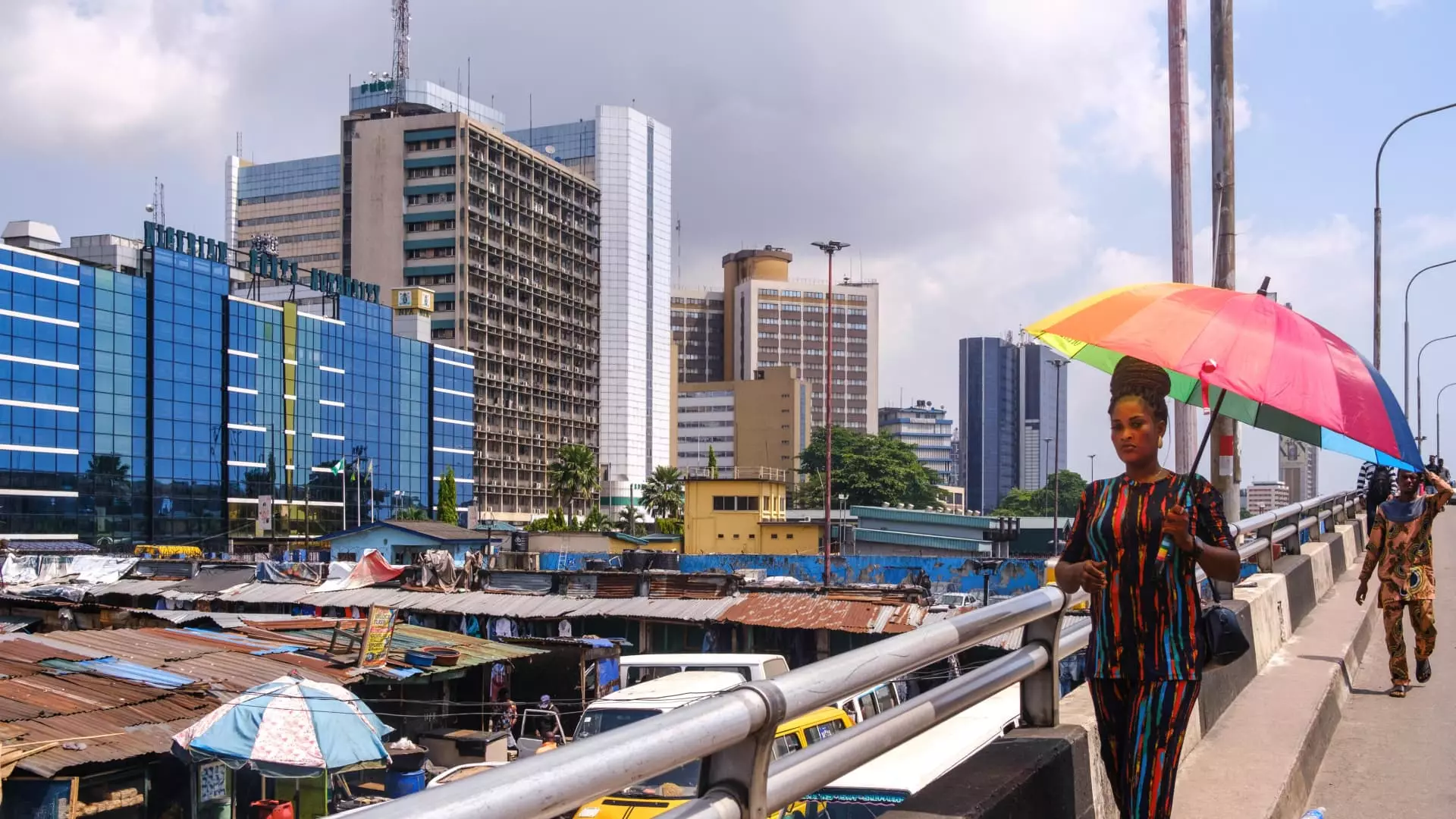The Central Bank of Nigeria recently made the decision to increase its key interest rate by 200 basis points. This move comes as Africa’s largest economy grapples with a historic currency crisis and soaring inflation. With this hike, the main monetary policy rate now stands at 24.75%, up from 22.75%. Governor Olayemi Cardoso emphasized the necessity of continuing to tighten monetary policy in order to rein in runaway inflation.
According to Africa economist David Omojomolo at Capital Economics, the decision to raise the interest rate is a clear indication of the officials’ commitment to tackling the inflation problem head-on. While the latest hike may be smaller than the previous increment, it still demonstrates the aggressive stance that officials are taking to restore the country’s credibility. The fight against inflation, which reached 31.7% year-on-year in February, remains a top priority.
Future Expectations
Looking ahead, Capital Economics predicts further tightening measures in the coming months. Governor Cardoso is expected to continue the efforts to address the inflation and currency crises plaguing the nation. The plan includes additional 100 basis point hikes at the upcoming meetings in May and July before bringing the hiking cycle to a close. Following this, policy may be maintained for the remainder of the year.
Currency Concerns
The Nigerian naira has experienced a significant decline of around 70% against the U.S. dollar over the past year, hitting a record low in late February. However, there has been some recovery, with the naira trading around 1,400 to the dollar as of recent announcements from the Central Bank of Nigeria. The clearance of a $7 billion backlog of imports has helped stabilize the currency to some extent.
In the February minutes released by the central bank, it was evident that members of the Monetary Policy Committee held differing views on the drivers of inflation and currency weakness. While the decision to increase rates by 400 basis points was reached, there were debates within the committee regarding the magnitude of the hike. Governor Cardoso had advocated for a 425 basis point move, highlighting the differing perspectives on the best approach to address the economic challenges at hand.
The Central Bank of Nigeria’s decision to raise the key interest rate reflects a proactive approach to combatting inflation and stabilizing the currency. While there may be differing opinions within the policymaking committee, the overarching goal remains focused on restoring economic stability and credibility. With further tightening expected in the upcoming months, all eyes will be on Nigeria’s efforts to navigate through these challenging times.

